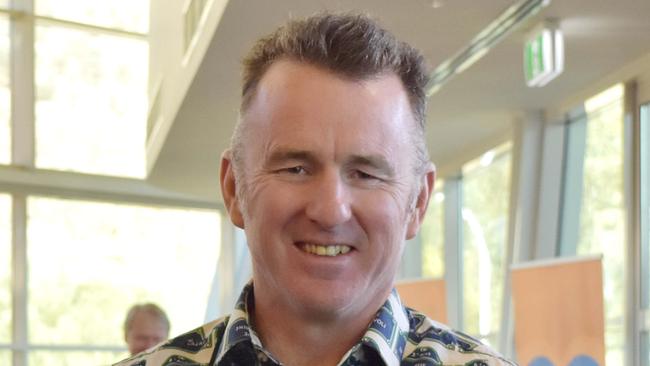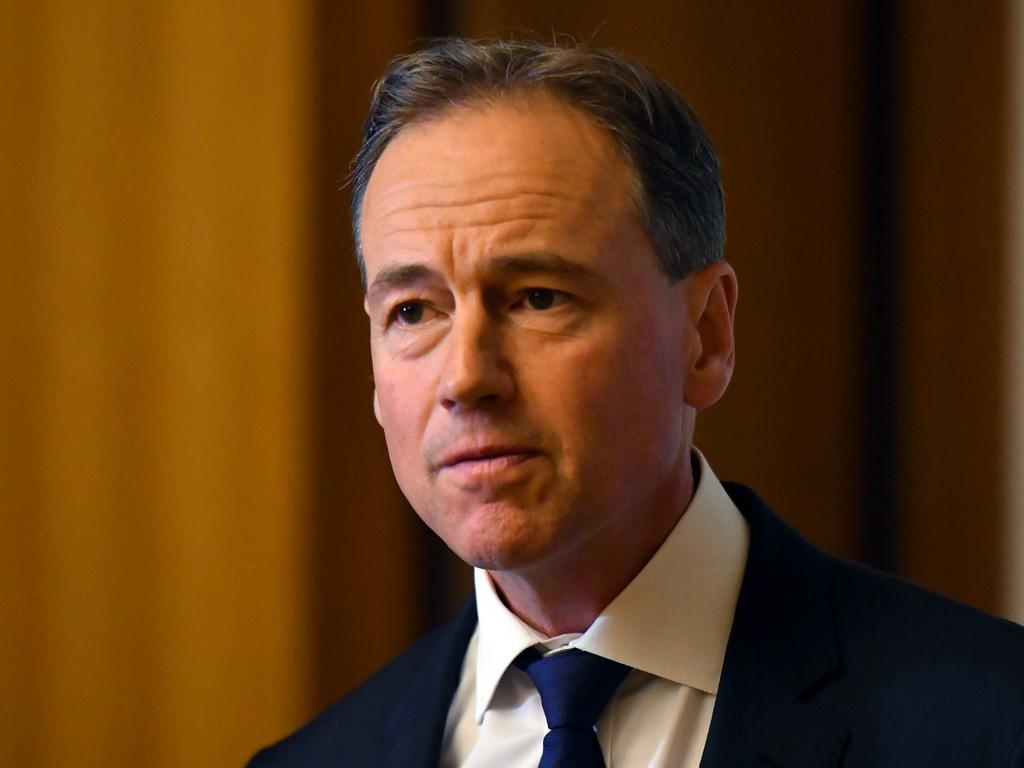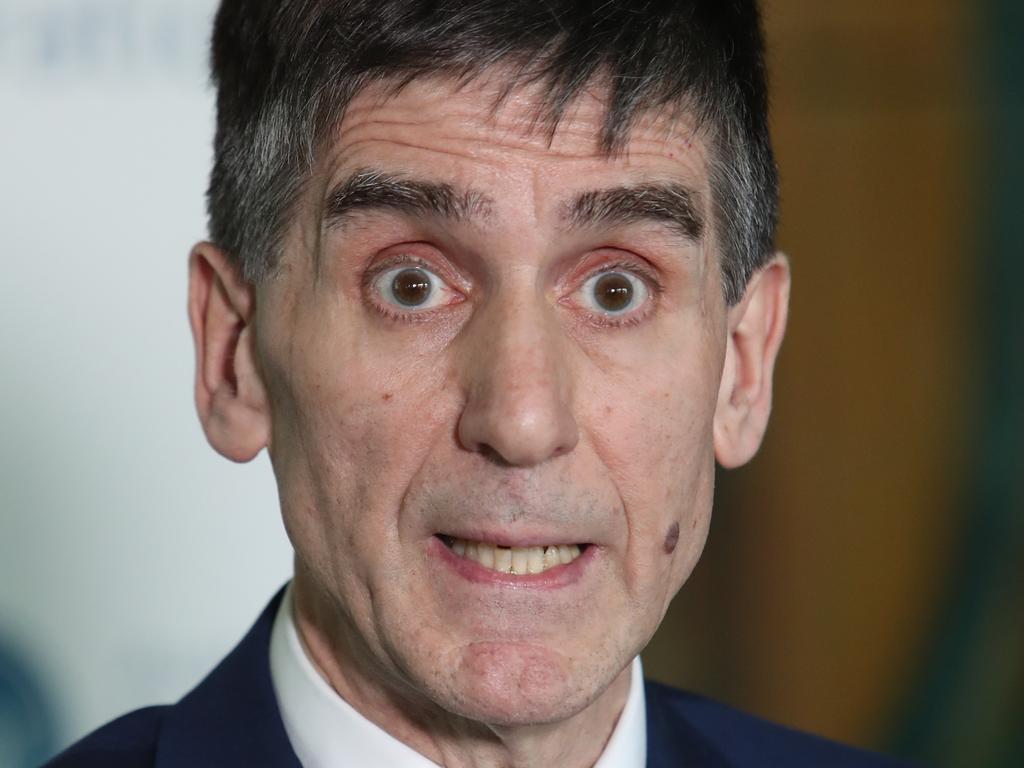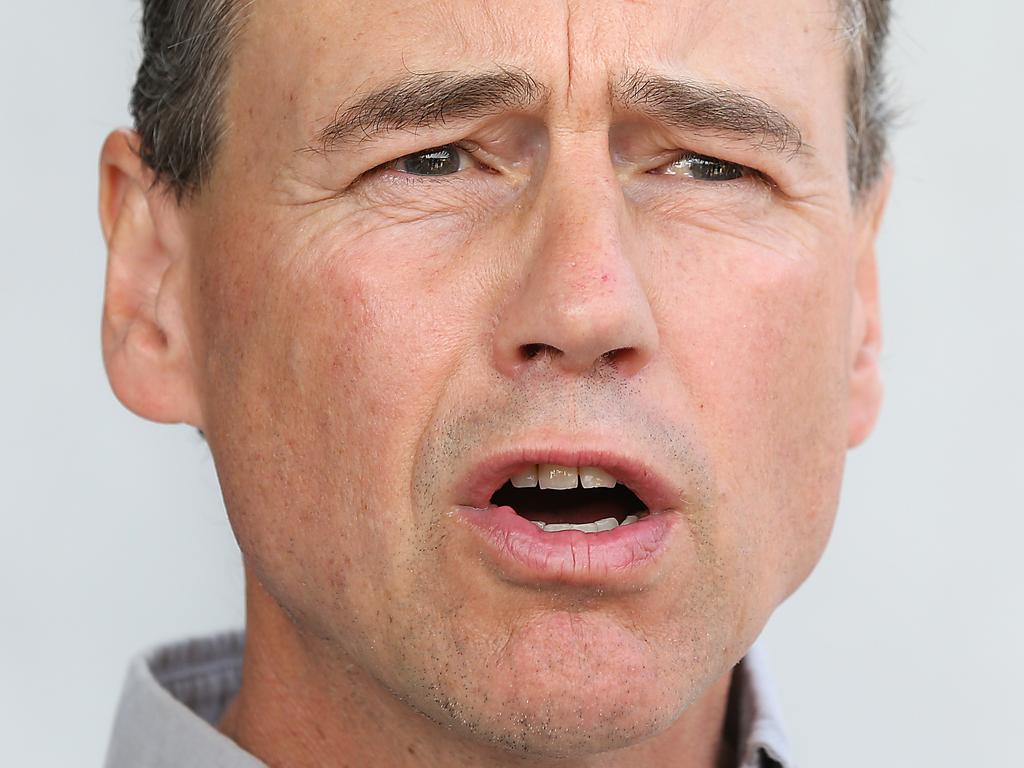Failing mental and dental health resources driving hospital congestion
A critical shortage of mental health beds is seeing more patients flood emergency departments.

A critical shortage of mental health beds and unaffordable dental services are prompting increasing numbers of patients to flood emergency departments and be admitted for preventable surgery, as evidence grows that public hospitals are under unsustainable strain.
The Australasian College of Emergency Medicine says some mental health patients wait as long as three days in emergency for a bed to become available in a ward.
“Greater than 24-hour stays would be daily occurrences in many emergency departments around the country,” said ACEM president John Bonning. “Some of these patients can spend two or three days waiting for a bed.
“It’s getting worse — it’s unjust. These patients are being discriminated against, not actively, but they get manifestly worse care than other patients without mental illness.”
The Australian Medical Association has raised the alarm that public hospitals around the country are “stretched to the max” and said emergency departments were struggling to cope with rising numbers of presentations.
Australian Institute of Health and Welfare data shows presentations to emergency departments have increased by almost one million in the past five years, with 30 per cent of patients waiting longer than four hours to be seen.
Just over 300,000 people presented to emergency with a mental health condition in 2018-19, up from 255,000 five years ago.
Research by ACEM shows mental health patients are forced to wait for beds in much higher numbers than other patients.
Almost one-quarter of hospitals surveyed by the college reported that mental health patients had to wait longer than 72 hours for a bed in a ward.
Dr Bonning said the entire system was under pressure. “Across emergency departments right throughout Australia, there is increasing presentations with no commensurate increase in resources, particularly of inpatient areas allowing admission of patients who need to stay in hospitals,” Dr Bonning said.
“That results in what we call access block, where emergency departments block up with patients staying for prolonged periods of time, resulting in ambulance ramping, and the whole system stagnates. It’s getting worse, year-on-year.”
AIHW figures show more than 70,000 people were hospitalised in 2017-18 suffering acute dental conditions that could have been prevented if treated earlier outside hospital.
The chairwoman of the Australian Health Care Reform Alliance, Jennifer Doggett, said many of those patients were unable to afford a dentist. Dentistry is not covered by Medicare.
“For the cost of good preventable dental care, it just seems like a no-brainer,” Ms Doggett said.
“It makes sense to spend a small amount of money fixing a small dental cavity early on, rather than leaving it three years and having to treat a systemic infection.”
NSW Health Minister Brad Hazzard has backed the Australian Medical Association’s call for a greater focus on preventive and home care to ease the pressure on hospitals, calling for an increase in the Medicare rebate for GPs.
Royal Australian College of General Practitioners president Harry Nespolon said the issue was now urgent.
“We need to increase access to primary care and reduce the need for more people to flood our already overcrowded hospitals,” he said.
“Government funding simply isn’t keeping pace with the cost to GPs of providing high-quality care. Unless Medicare rebates rise and money is put back into the system to account for the rebate freeze, the pressure on general practices is only going to grow.
“These costs will continue to be passed on to patients and people will be forced to make impossible decisions between whether they can afford an overdue visit to their GP, school books for their kids or repairs to the family car.
“No one wins in this scenario — if patients delay or avoid seeking care, they may well end up in a hospital bed with a more severe condition. This compromises their care and places a huge burden on the nation’s health system.”








To join the conversation, please log in. Don't have an account? Register
Join the conversation, you are commenting as Logout